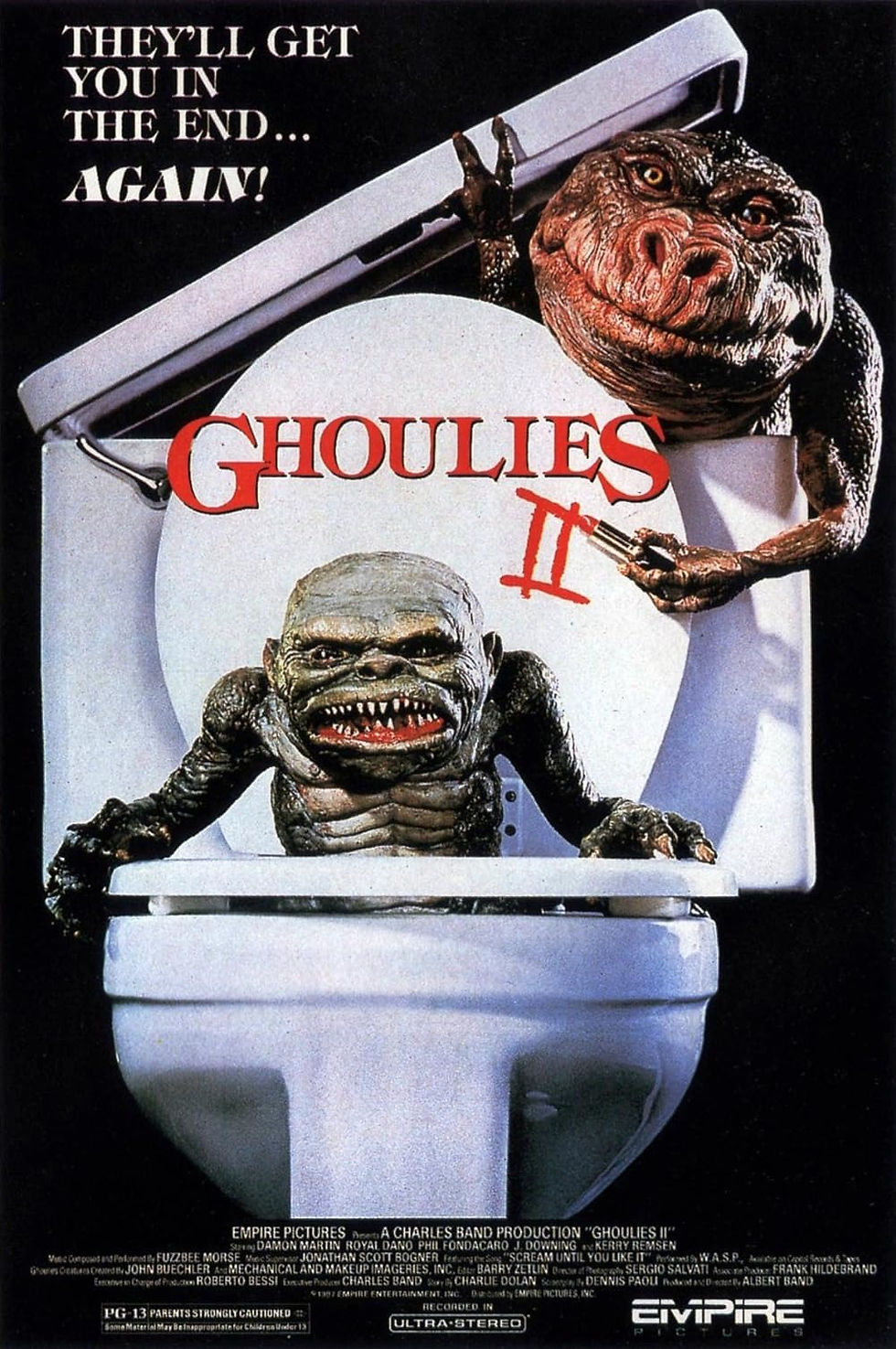Mary Harron: Feminist Filmmaker Disrupting Narratives
- Allan Major

- Jun 8, 2024
- 2 min read

Mary Harron isn't just a filmmaker; she's a cinematic provocateur, fearlessly exploring the complex and often disturbing territory of women pushed to extremes. Her films dismantle idealized portrayals, revealing the darkness residing within seemingly ordinary lives. Whether delving into the mind of a radical feminist, a misunderstood pin-up queen, or a female embodiment of Wall Street greed, Harron's work is subversive, intellectually challenging, and essential.
I Shot Andy Warhol: Unraveling a Radical's Rage
Harron's debut with "I Shot Andy Warhol" boldly dissected the mind of Valerie Solanas, the woman who attempted to assassinate the Pop Art icon. Through a lens that is empathetic yet unflinching, the film portrays Solanas as both a heartbreaking victim and a terrifying product of unprocessed rage. It's a challenging portrait, forcing viewers to grapple with the complexities of radical feminism and mental instability.

American Psycho: A Disturbing Mirror to Excess
Harron's adaptation of Bret Easton Ellis's controversial "American Psycho" remains one of her most iconic works. Her take on the novel is chilling, a stylized descent into the soullessness of 80s consumerism and a brutal satire of toxic masculinity. Patrick Bateman, Harron's yuppie serial killer, is both terrifying and pathetic. Yet, the film's most disturbing element might be its ambiguity – does Bateman's violence exist beyond his twisted fantasies?
The Notorious Bettie Page: Reclaiming a Pin-Up's Power
"The Notorious Bettie Page" offers a nuanced exploration of the famed pin-up model, looking beyond the idealized image to uncover a woman grappling with sexuality, the power of her own image, and the eventual desire for anonymity. Harron challenges the traditional male gaze surrounding this iconic figure, giving Page agency and complexity.

The Harron Touch: Beautiful, Disturbing, and Intellectual
Mary Harron's films have a distinct aesthetic fingerprint; sleek visuals and a pop-infused style juxtaposed with unsettling themes. Her work is fiercely intelligent, using the language of horror cinema to dissect societal obsessions. She often centers her narratives around complex, even morally questionable female protagonists, forcing audiences to confront their own biases and assumptions.
Legacy: A Voice for the Uncomfortable Truths
Mary Harron's enduring influence comes from her relentless pursuit of stories that push boundaries and make audiences squirm. Her films dissect violence, question gender roles, and expose the rot at the core of seemingly glamorous lives. Harron's work demands discussion, analysis, and challenges us to look deeper at the world we inhabit.







